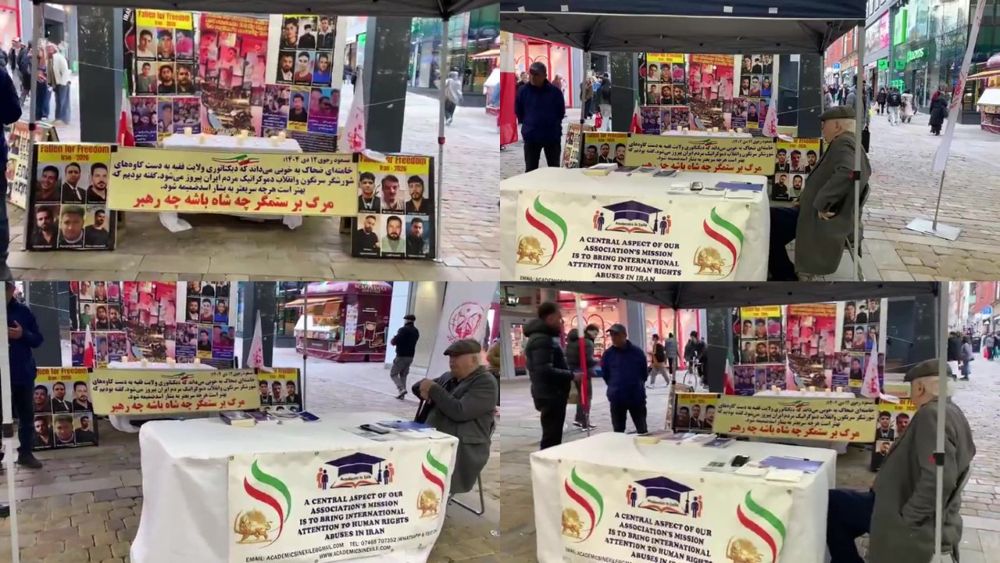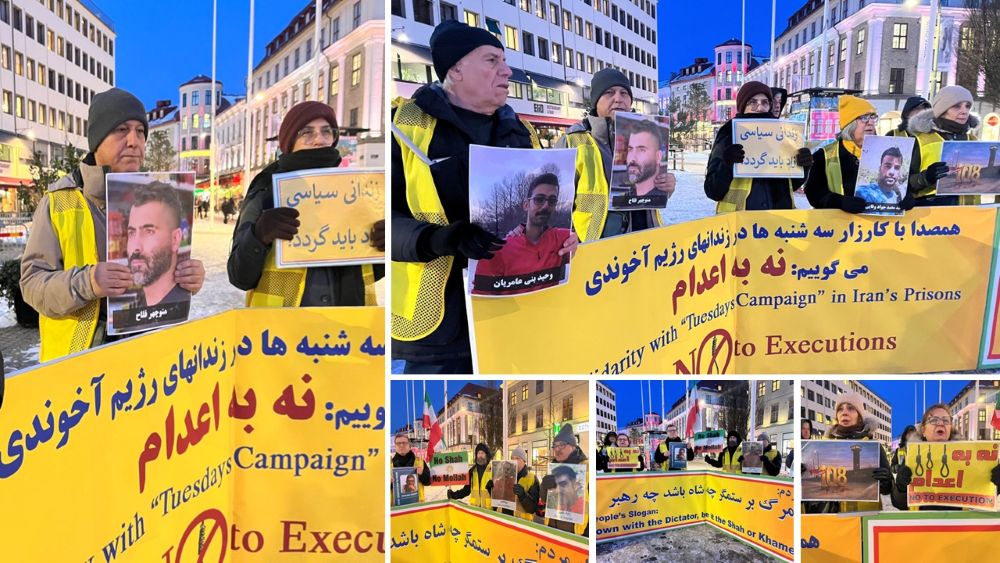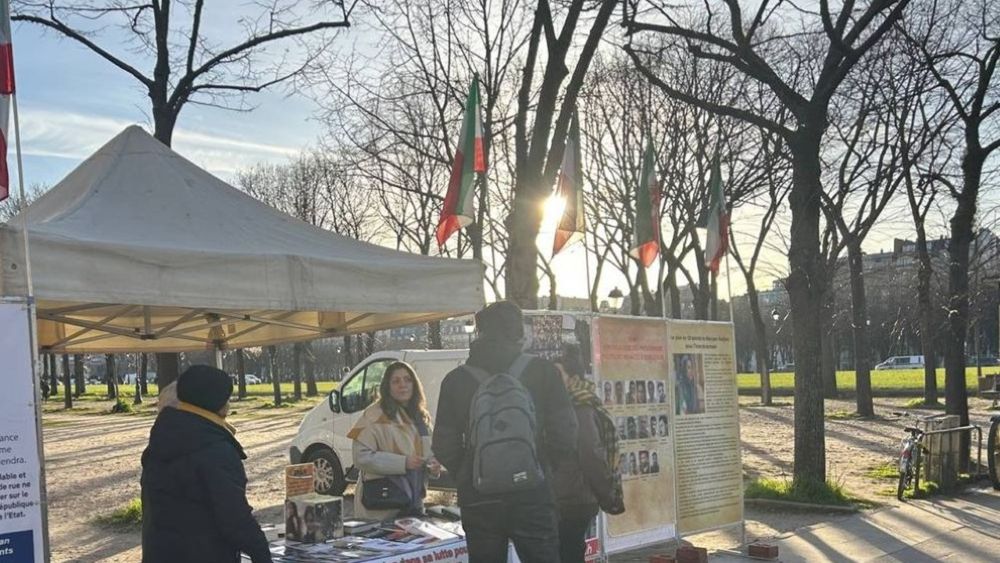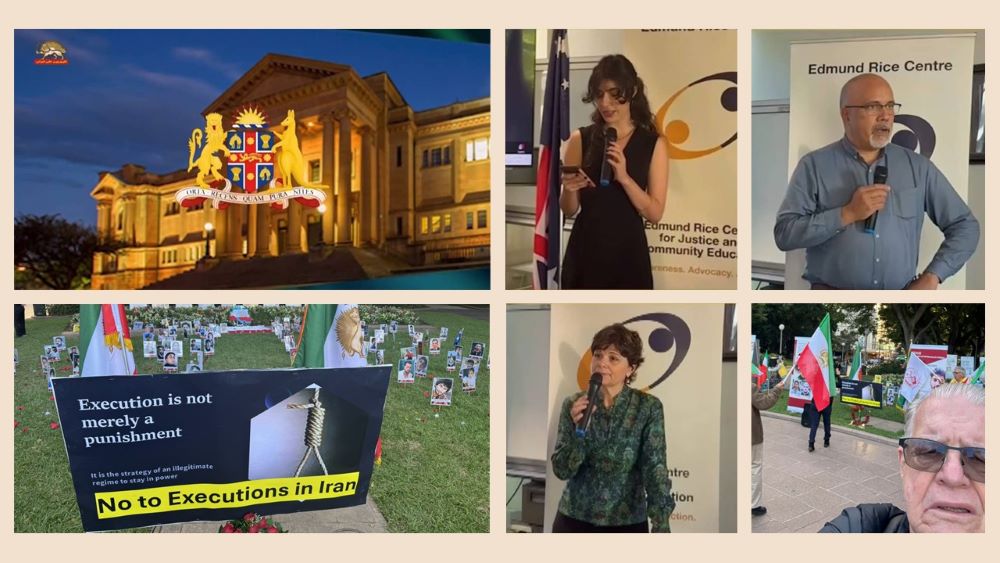
In late December 2024, Sydney, Australia, became the venue for a major conference focusing on Iran’s worsening human rights crisis. Organized by the Edmund Rice Centre, the event brought together Australian public figures, Iranian-Australian community representatives, and human rights advocates to shed light on the repression under Iran’s clerical regime and the growing resistance against it.
Corinne Fagueret, the senior director for social justice and climate change at the Edmund Rice Centre, opened the event, stressing the global relevance of human rights advocacy. “Advocating for human rights often involves immense risks and sacrifices,” she remarked, celebrating those who rise to the challenge as heroes, particularly those within Iran’s democratic movement who put their lives on the line for freedom and justice.
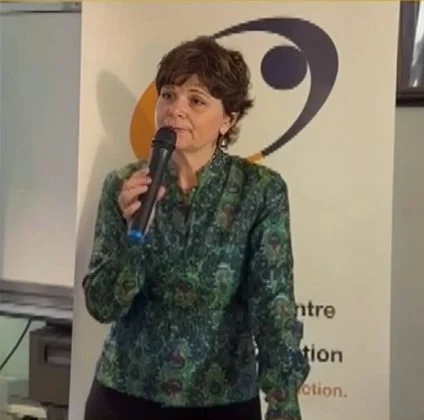
Mohammad Sadeghpour, leader of the Association for Human Rights and Freedom in Iran, condemned the regime’s oppressive practices, highlighting a surge in executions during Masoud Pezeshkian’s presidency. Nevertheless, he conveyed optimism for Iran’s future:
“There is a vision for justice, freedom, and equality in Iran. Mrs. Maryam Rajavi’s Ten-Point Plan provides a clear path to a democratic Iran. We must unite to support this vision and urge the international community to stand with the Iranian people in their fight for freedom and justice.”
Alopi Latukefu, director of the Edmund Rice Centre, praised the courage of Iranian women resisting systemic discrimination. He pointed to significant regional changes, such as the potential collapse of the Syrian government, which could profoundly impact Iran. Latukefu reaffirmed the Centre’s dedication to promoting human rights and justice in Iran and beyond.
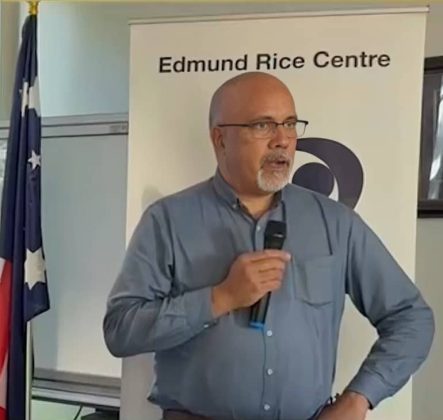
Elham Zanjani, a member of the People’s Mojahedin Organization of Iran (PMOI/MEK) Central Council, addressed the conference via video. She recounted the long struggle of the Iranian Resistance against dictatorship, condemning the regime’s escalated executions and crackdowns on women. Despite such repression, she celebrated the growth of Iran’s resistance:
“Even with imprisonment, executions, and the regime’s brutal oppression, the resistance in Iran is flourishing. Resistance Units continue to expand, confronting the regime’s threats every day. The regime’s hostile reactions reveal its fear of this burgeoning movement. We are unwavering in our pursuit of freedom for Iran and the ultimate change of this regime.”
Zanjani urged an end to appeasement policies toward the regime:
“It is time to cease engagement with this ruthless regime and to recognize the Iranian Resistance as the genuine solution to ending tyranny in Iran.”
Isabella Antonio, a Greens Party mayor, underscored the necessity of persistence in the fight for freedom. She called on attendees to safeguard the progress achieved so far and remain committed to justice.
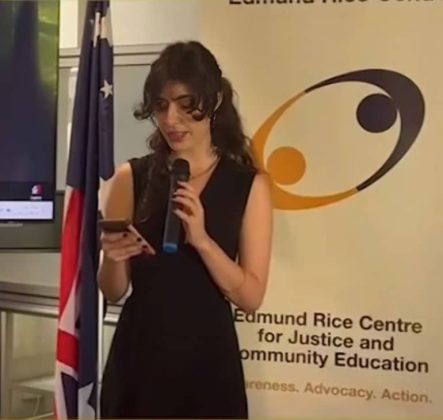
Reverend Bill Crews, founder of the Bill Crews Foundation, expressed optimism for change in Iran, acknowledging both the suffering endured by its people and their potential for transformation.
The brutal criminal regime in Iran has executed 500 citizens including 31 women so far this year.
Speaking at a rally calling for change.
God bless the people of Iran and bring peace and regime change to the whole region. pic.twitter.com/FPJ01j1jFT— Rev. Bill Crews AM (@RevBillCrews) October 12, 2024
Dr. Ali Zahedi, representing the Iranian-Australian community, concluded the conference by criticizing international appeasement policies toward the Iranian regime.
“We call on the global community to recognize the Iranian people’s right to resist, protest, and fight for freedom. Those in power in Iran must face justice for their crimes against humanity.”
He also stressed the urgency of labeling the IRGC as a terrorist organization:
“The IRGC must be designated as a terrorist entity immediately. Its dismantling is essential to freeing the Iranian people and dismantling the regime.”
The conference concluded with a unified plea for international action to support the Iranian people’s pursuit of freedom and justice while holding the regime accountable for its systemic human rights violations.

